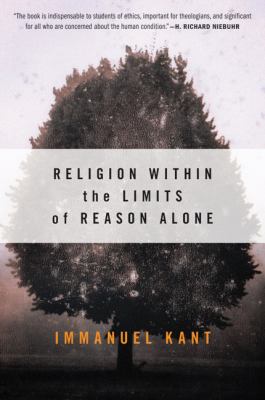In chapter two he clears way for his own suggestions by analyzing the thought of Immanuel Kant, tracing in particular how his lectures on race in the 1770s may inform our understanding of the premises behind his later (more recognizedly influential) works.
What follows are a few more excerpts that bookmark the progression of Carter's argument, relay some of the ways that Kant has influenced modern thought, and further highlight the mental grids within which today's racial ideas take form.
_________________________
"[B]etween the 1775 course advertisement and its modification into the 1777 essay, Kant modulated his language in an important way.... [T]he specific term 'race' (Rasse), which Kant consistently applied to the Negroes, Huns, and Hindustanis to explain their origins, has for whites now dropped out.... As he sees it, whites are a group apart. They are a 'race' that is is not quite a race, the race that transcends race precisely because of its 'developmental progress' (Fortgang) toward perfection." (88).
"Although each race suffers from a different kind of imbalance, the core problem for all of them is their inability to be self-governing or autonomous.... None of this, however, applies to whites.... Kant's ultimate concern is with the success of the universalist project of modernity, the project of whiteness as the advance of cultured civilization" (93-95).
 |
| Immanuel Kant (1724-1804) |
"It is this disinteredness or autonomy that positioned the Germans, as Kant saw it, to direct the other European nations in how to lead the species in its mission to cover the globe. They are the most free. Autonomy must lead the way.... But here is where negative examples come in. [The coloured races] cannot abstract themselves from their own bodies and enter into an autonomous way of existence.... [By] focusing attention on the Jews as the sole negative racial other in Anthropology, Kant makes them stand in for all nonwhite flesh.... They are a heteronymous people.... [and] their heteronymous and sensuous nature arises from their religion.... They are the proverbial neighbour next door ... who we fear ... [will] send 'autonomous' equity values plummeting" (102-105).
 "Kant's objective ... was never the overcoming of religion.... In [his] articulation, Christianity is reimagined as 'racially' severed from and ethnographically triumphant over its oriental Jewish roots. Functioning in the modern world as a revitalized Gnosticism ... Christianity, reconstituted as the moral religion par excellence of reason, extols a Jesus who, rather than disclosing YHWH or the God of Israel as the ground of redemption for Jews and Gentiles alike, instead affirms what the human species 'can or should make of itself'" (106-107).
"Kant's objective ... was never the overcoming of religion.... In [his] articulation, Christianity is reimagined as 'racially' severed from and ethnographically triumphant over its oriental Jewish roots. Functioning in the modern world as a revitalized Gnosticism ... Christianity, reconstituted as the moral religion par excellence of reason, extols a Jesus who, rather than disclosing YHWH or the God of Israel as the ground of redemption for Jews and Gentiles alike, instead affirms what the human species 'can or should make of itself'" (106-107)."In the name of Paul, Kant presents Christianity as the ultimate expression of Western culture and civilization.... Christ's wisdom is continuous with, though it represents a purer form of, the wisdom of the Greek philosophers. The Greek philosophers.... In this moment, Christ ceases to be Jewish. Or, perhaps better: he is a hybrid, though his hybridity comes at the loss of his covenantal identity as a Jew.... For Kant, Christ represents the wisdom of Europe at the moment of its Greek birth" (113, 117).
There was a lot going on in this chapter, but I think these excerpts represent it adequately. While there may be many factors in the rise of racism, in the end Carter reiterates that any account of race which understates its historically religious rationale misses a pretty key factor. Thus in the next part Carter turns his attention to "the theological problem of Gentile Christianity's refusal to think its existence apart from within the bosom of Abraham, Isaac, and Jacob" (121).


